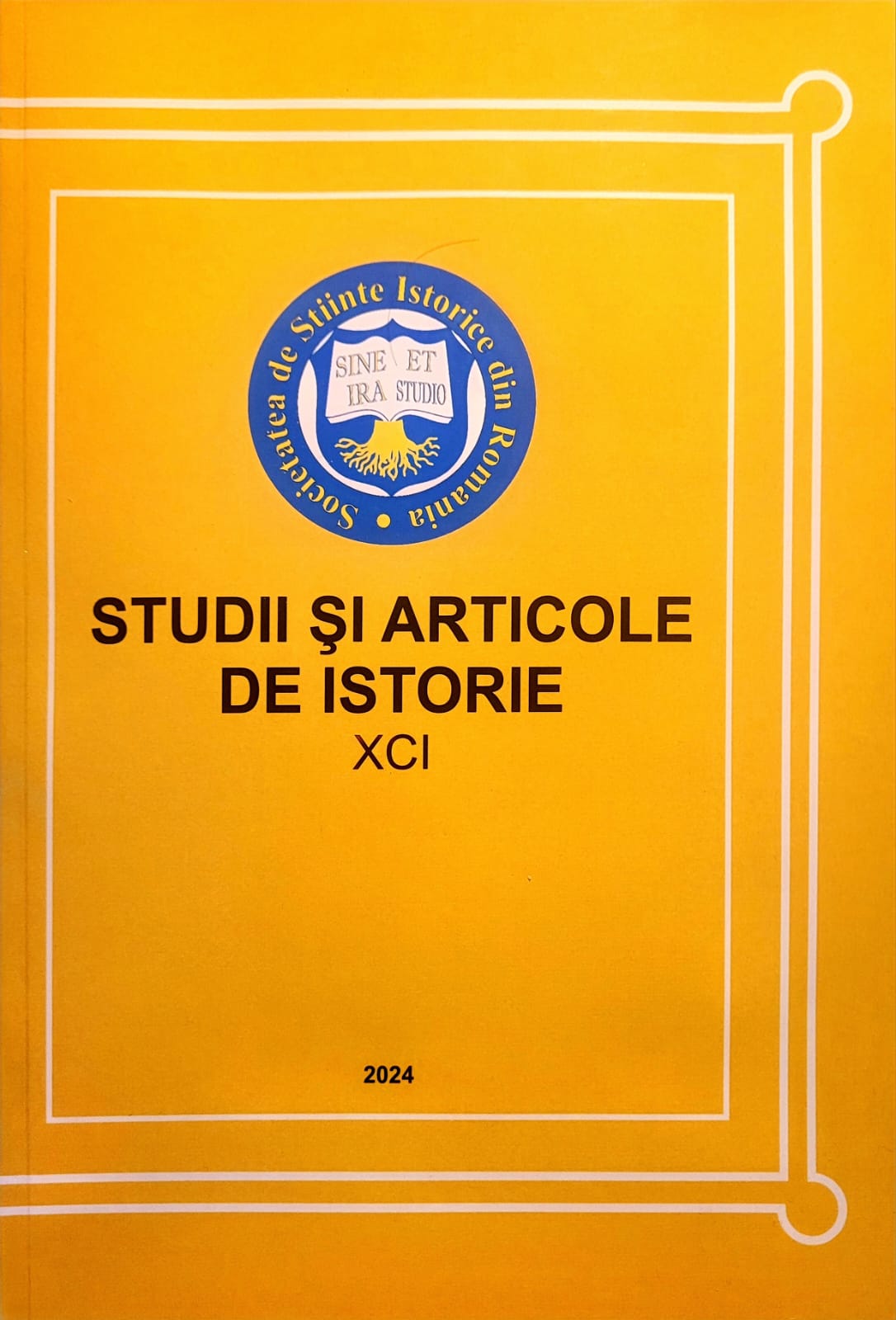Trei generaţii în viaţa de familie – scurtă istorie a clasei de mijloc
Three generations of family life – a brief history of the middle class
Author(s): Bogdan TeodorescuSubject(s): History, Social history
Published by: Societatea de Ştiinţe Istorice din România
Keywords: Modern Romania; democratic Romania; meritocracy; middle-class; intellectuality;
Summary/Abstract: In the following article, we will try to reproduce the family life of three generations of intellectuals. their history spreads over 80 years (1860-1944) which coincides almost entirely with the existence of the middle-class in Romania of which they were a part of. An important characteristic which defined these three generations was, above all, the consistency with which they promoted fundamental principles and values, both in their career and in their public and private life. Briefly, a potential model for families throughout history is formed by some fundamental values. To begin with, the interest in reading and knowledge, the honesty and fairness in businesses, the simplicity and modesty are essential elements. We should add that the last two features were mostly observed at the first generation presented in the following article. Nonetheless, the respect and devotion shown to those middle-class families alongside the marital faithfulness had a beneficial impact on the descendants' education. One of the crucial decisions of the new government was to establish an uniform society. As a consequence, the second generation of the family had lost most of their belongings and had been imprisoned for long periods of time in communist prisons. The third generation had found itself in a no-exit situation, obligated to survive in order to raise their offsprings. They did what they had to do in order to become integrated into the new societyIn the following article, we will try to reproduce the family life of three generations of intellectuals. their history spreads over 80 years (1860-1944) which coincides almost entirely with the existence of the middle-class in Romania of which they were a part of. An important characteristic which defined these three generations was, above all, the consistency with which they promoted fundamental principles and values, both in their career and in their public and private life. Briefly, a potential model for families throughout history is formed by some fundamental values. To begin with, the interest in reading and knowledge, the honesty and fairness in businesses, the simplicity and modesty are essential elements. We should add that the last two features were mostly observed at the first generation presented in the following article. Nonetheless, the respect and devotion shown to those middle-class families alongside the marital faithfulness had a beneficial impact on the descendants' education. One of the crucial decisions of the new government was to establish an uniform society. As a consequence, the second generation of the family had lost most of their belongings and had been imprisoned for long periods of time in communist prisons. The third generation had found itself in a no-exit situation, obligated to survive in order to raise their offsprings. They did what they had to do in order to become integrated into the new society
Journal: Studii şi articole de istorie
- Issue Year: 2024
- Issue No: 91
- Page Range: 9-33
- Page Count: 25
- Language: Romanian

